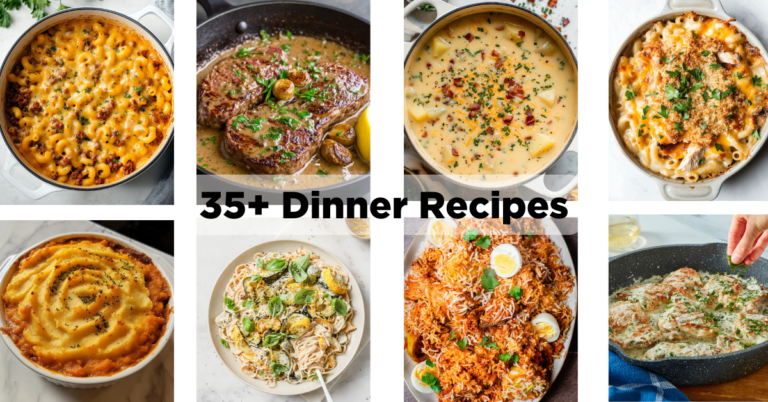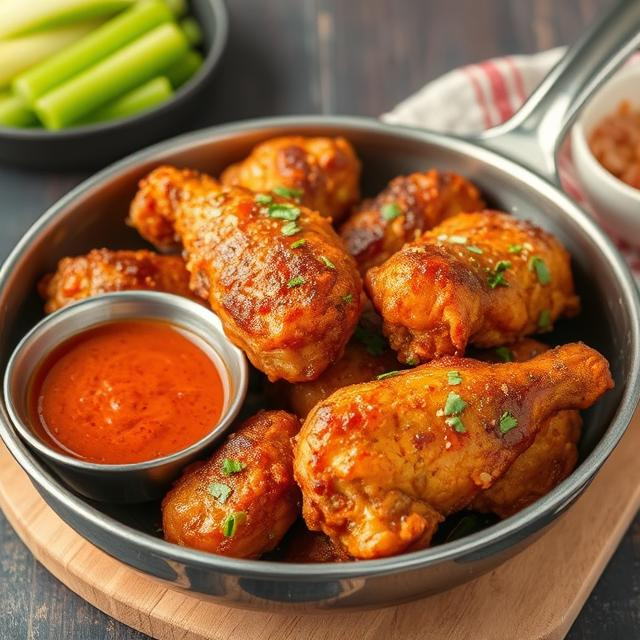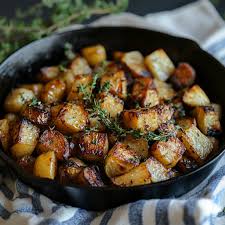Weight loss is one of the most common goals people set, yet it often feels like an uphill battle. With countless trends, diets, and workouts promising results, it’s easy to feel overwhelmed about the correct ways to lose weight.
Whether you’re just starting out, a fitness enthusiast looking to fine-tune your strategy, or someone facing specific challenges, this guide offers a balanced, sustainable approach to losing weight. Let’s break it down into actionable steps that are motivational, practical, and grounded in science.
Understand Your Why
Before diving into the “how,” it’s important to reflect on your “why.” Why do you want to lose weight? Whether it’s to feel healthier, gain confidence, or improve your energy levels, having a clear reason keeps you motivated when the going gets tough.
Write your goals down and revisit them often. For example: “I want to feel more confident in my clothes” or “I want more energy to play with my kids.” Your why will help you push through moments of doubt and remind you that every small step counts toward a bigger goal.
Some of the Best Ways to Lose Weight: Explained

Losing weight doesn’t require drastic measures—it’s about making consistent, sustainable changes. Below, we’ll explain some effective methods for healthy weight loss, offering actionable tips and science-backed guidance.
Eating Well
Your diet plays a central role in weight loss, but it doesn’t mean you have to follow a restrictive or complicated plan. Focus on eating whole, nutrient-dense foods.
- Fruits and Vegetables: These are rich in fiber, vitamins, and minerals while being low in calories. Aim to fill half your plate with colorful produce at every meal. Fiber helps you feel full longer, reducing the chances of overeating.
- Reduce Added Sugars, Salt, and Alcohol: Too much sugar can spike your blood sugar levels, leading to cravings, while excess salt causes water retention. Alcohol is calorie-dense and often encourages snacking. Instead, replace sugary snacks with naturally sweet options like fruit and cut back on processed or pre-packaged foods that are often high in salt.
- Eat More Protein: Protein helps with satiety, muscle repair, and maintaining lean body mass. Include lean meats, eggs, beans, tofu, or yogurt in your meals to help you feel full and reduce calorie intake naturally.
Exercising Regularly
Regular physical activity not only helps burn calories but also improves mood, energy levels, and overall health.
- Aerobic Exercise: Activities like walking, jogging, cycling, or swimming are great for burning calories and improving cardiovascular health. Aim for at least 150 minutes per week (about 30 minutes on most days). Choose something you enjoy to make it sustainable.
- Strength Training: Incorporate strength training exercises twice a week to build and preserve muscle, which boosts metabolism. You don’t need to lift heavy weights; bodyweight exercises like push-ups, squats, and planks are effective for beginners.
- Everyday Movement: Don’t underestimate small changes, like taking the stairs instead of the elevator or parking farther from entrances. These minor efforts add up over time.
Losing Weight Gradually
Fast weight loss might be tempting, but it’s not sustainable. Aiming to lose 1–2 pounds per week is safer and more effective for long-term success.
- Why Slow Weight Loss Works: It allows your body to adjust to changes, helping prevent metabolic slowdown. Rapid weight loss often leads to losing water or muscle instead of fat, which isn’t ideal.
- Practical Approach: Track your progress with small, realistic goals, such as losing 5% of your body weight over a few months. Celebrate milestones like fitting into old clothes or feeling more energetic.
Managing Stress
Stress can derail even the best weight-loss plans by triggering emotional eating or disrupting sleep.
- Stress and Cortisol: High levels of the stress hormone cortisol can increase appetite and lead to fat storage, particularly in the abdominal area.
- Stress-Management Tips: Practice mindfulness, yoga, or meditation to stay calm. Engaging in hobbies, spending time in nature, or simply taking deep breaths can make a big difference. Sleep is also a key factor—aim for 7–9 hours of quality rest every night to reduce stress and keep your body functioning optimally.
Intermittent Fasting
Intermittent fasting (IF) has gained popularity as a simple yet effective way to reduce calorie intake without focusing on what you eat.
- The 16/8 Method: One of the most popular approaches, where you fast for 16 hours (including sleep) and eat within an 8-hour window. For example, you might eat from 12 PM to 8 PM and fast from 8 PM to 12 PM the next day.
- Benefits: Fasting can help regulate insulin levels, promote fat burning, and simplify your routine by limiting the hours you eat.
- Is It Right for You? While many find IF helpful, it’s not for everyone. Listen to your body, and if it feels restrictive or affects your energy levels, it might not be the best fit.
Other Tips for Weight Loss

- Avoid Processed Foods: Processed foods are often loaded with hidden sugars, unhealthy fats, and sodium. Opt for whole, minimally processed options instead, like fresh produce, whole grains, and lean proteins.
- Focus on How Clothes Fit: Rather than obsessing over the number on the scale, pay attention to non-scale victories like how your clothes feel, improved stamina, or enhanced mood. Weight fluctuates daily due to factors like water retention, so the scale isn’t always a reliable measure.
- Drink Plenty of Water: Staying hydrated can help curb hunger and boost metabolism. Start your day with a glass of water and aim to drink at least 8 cups (about 2 liters) daily. If plain water feels boring, infuse it with slices of lemon, cucumber, or berries for flavor.
Final Thoughts
The best way to lose weight is the way that fits your lifestyle and feels sustainable for you. By focusing on small, meaningful changes, you can create habits that lead to lasting success. Remember, consistency is more important than perfection, so don’t be too hard on yourself if you slip up. Treat each day as a fresh start, and keep moving toward your goals.
How To Lose Weight Fast
Everyone wants to lose weight fast if not faster. The problem with some fitness influencers is that they either give us a longer solution that may make us feel unmotivated to finish or quick and faster answers that doesn’t work.
Today I ‘ll try to give you some tips that may help you achieve that goal of yours fast in just a few steps:
Reduce Your Caloric Intake by 500 to 750 Calories Daily
To lose weight effectively, you’ll need to create a calorie deficit. Determine your daily caloric needs and then reduce your intake by 500 to 750 calories per day to achieve a steady weight loss of 1 to 2 pounds per week. Many apps, such as Fitbit, make tracking calories simple and straightforward. However, it’s crucial to avoid going below your body’s minimum needs—1,200 calories per day for women and 1,500 calories for men.
Set a Realistic Goal to Lose 2 Pounds per Week
Health professionals, including dietitians and nutritionists, agree that aiming to lose no more than 2 pounds per week is both safe and sustainable. Losing weight too quickly can harm your metabolism, as confirmed by expert advice. Start by evaluating your timeline and setting achievable goals. If you have two to three weeks before an important event, aim to lose around 5 pounds to feel more comfortable in your clothes. If you only have a week, don’t worry—you can still reduce bloating and drop a couple of pounds.
Focus on Whole, Fresh Foods for Faster Weight Loss
What you eat is just as important as how much you eat. Instead of relying on fad detoxes or supplements, prioritize fresh, whole foods for a natural and healthy approach. Here’s how to clean up your diet:
- Avoid Alcohol: Alcohol disrupts weight loss by adding empty calories and taxing your liver. Replace it with sparkling water to save calories and feel refreshed.
- Limit Added Sugar: Excess sugar not only adds calories but also promotes inflammation. Since sugary drinks are a significant source of added sugar, skip sodas, candies, and desserts.
- Cut Back on Salt: High sodium intake causes water retention and bloating. Avoid processed foods, which are responsible for about 75% of the average diet’s sodium content.
- Load Up on Fruits and Vegetables: Incorporate plenty of colorful produce, which is packed with fiber, antioxidants, and water. A hearty vegetable soup is an excellent way to stay full and nourished.
- Stay Hydrated: Drink 2 to 3 liters of water daily to help your body flush out toxins. As you cut back on processed foods and salt, staying hydrated will naturally reduce bloating and support your weight loss efforts.
By setting achievable goals, managing your caloric intake, and focusing on fresh, nutrient-dense foods, you can lose weight safely and effectively while feeling your best.
Conclusion
Weight loss is a journey, not a sprint. It’s about consistent effort, not perfection. Celebrate small victories along the way, whether it’s losing a pound, lifting heavier weights, or simply feeling more energetic. Remember, it’s not about following a perfect plan—it’s about finding what works for you and sticking with it. Take that first step today, and trust that every effort adds up to a healthier, happier version of you.
If you’re ready to start or have a specific challenge, share your goals in the comments. Let’s support each other on this journey!
Disclaimer: This is for informational purposes only. For medical advice or diagnosis, consult a professional.
Amazing articles To Read:
- Healthy Dinner Recipes: Wholesome Meals That Taste Amazing
- Delicious Chicken Dinner Ideas to Satisfy Your Cravings







